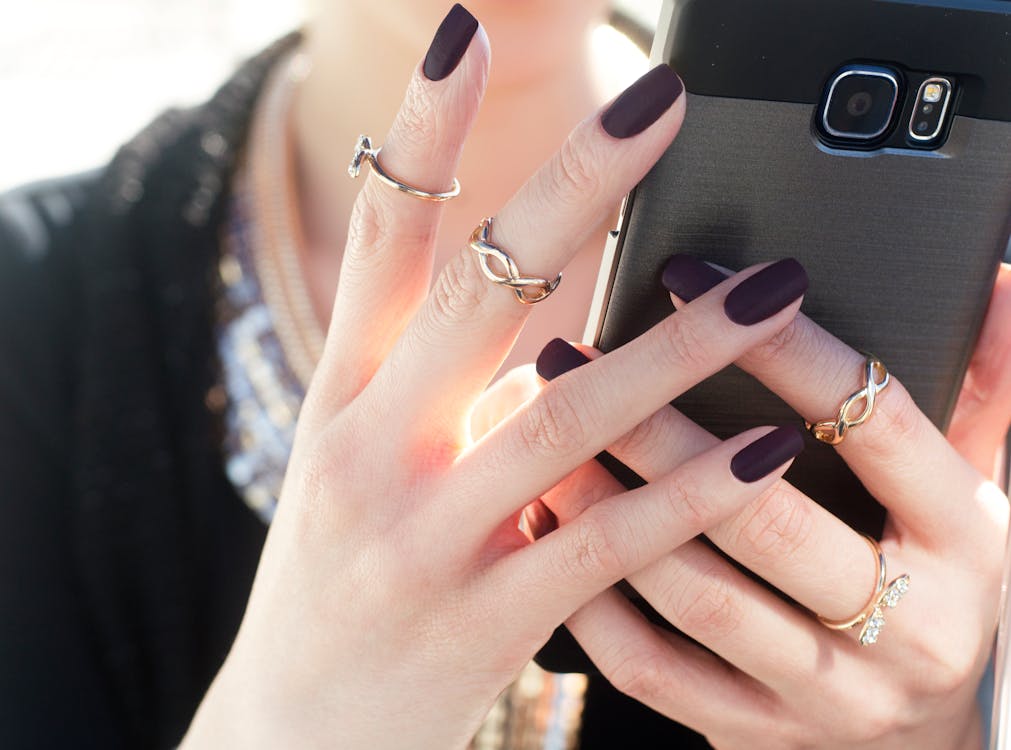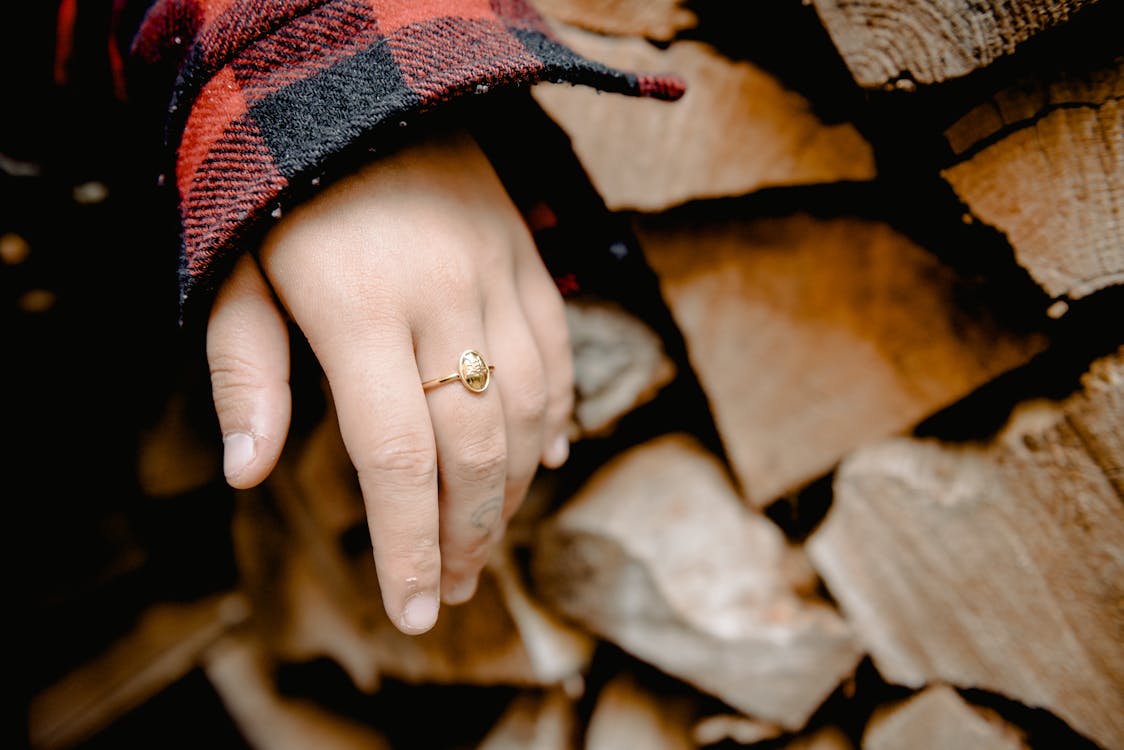All That Glitters Isn't Gold
10K, 14K, 18K, 24K...what does it all mean? If you've shopped for gold jewelry before, the odds are you've seen at least one of those purity levels but do you know what it means? Let's dive deeper into the gold purity standards to help you become a savvy SNG TV shopper!

What does the K stand for?
The "K" you see after a number stands for karat. A karat is measurement of the purity of the gold. 24K is pure gold but pure gold is too soft to be used in most jewelry without being scratched or warped with normal wear. That's where 10K, 14K, and 18K purities come in to play. The number stands for the amount of pure gold found in the jewelry.
Let's do a little math as an example. (I know, I know, but jewelry math is more fun, right?) If 24 karats is pure gold than 10K gold is 10 parts pure gold and 14 parts alloy. That means 18K gold is 18 parts pure gold and 6 parts alloy.
| Karats | Parts of Gold | Purity |
| 24K | 24/24 | 99.9% |
| 18K | 18/24 | 75.0% |
| 14K | 14/24 | 58.3% |
| 10K | 10/24 | 41.7% |

What does that mean for jewelry?
When you are shopping for gold jewelry, the level of gold purity you choose comes down to preference. 18K doesn't automatically mean better than 10K. It all depends on what you're jewelry needs and tastes. Let's break down the pros and cons of each of the three most popular gold purity levels in jewelry.
18K Gold
18K gold is made up of 75% gold and 25% alloy. This is one of the purest forms of gold you'll see jewelry made in. 18K gold has a rich, yellow gold appearance and is fairly hypoallergenic, since there's minimal alloy metal mixed into the gold (such as nickel, which can cause skin irritation). 18K gold makes absolutely stunning jewelry, as it is the classic tone of the gold most people picture when they think of gold jewelry.
However, 18K gold is easier to scratch since it is more pure, and gold itself is fairly soft for a metal. If you wear your 18K gold pieces all the time, or while active, you may notice the piece slowly losing it's shape or see small scratches in he surface. It is also more expensive than 10K or 14K, because it has more gold in it.
14K Gold
14K gold is made up of 58.3% gold and 41.7% alloy. This is the most popular choice of gold for wearable jewelry in the United States. In fact, about 90% of engagement rings are made in 14K gold in US so if you're unsure what purity you want your gold in, 14K is a safe and beautiful choice. Although the color is slightly less saturated than 18K gold, it is still a vibrant, picturesque shade of gold. It is more durable than 18K gold and less costly adding even more advantages!
The biggest downside to 14K gold is that it has the potential to cause skin irritation as it has a higher alloy content than 18K gold. This is really only a risk to those who have a skin allergy to copper, silver, nickel, zinc, or iron.
10K Gold
10K gold is made up of 41.7% gold and 58.3% alloy. It is the least expensive form of gold you'll see in the US so it's a great way to begin your gold jewelry collection without breaking the bank. This gold is most popular in earrings and everyday jewelry because of its durability, which is significantly stronger than 18K gold jewelry. 10K gold has a distinct pale gold tone, that some people adore and some people dislike.
10K gold is more alloy than gold, which means those with sensitive skin may find it irritating. It also means your gold jewelry has less gold in it and that can be an important factor to some jewelry buyers.
Which type of gold is best for me?
There's no "true" answer to that question to works for everyone. Assess your personal wants and needs in jewelry and then shop accordingly. If you're unsure where to start, remember 14K gold is the most popular option so that may be a safe place for you to start. But the best idea is to shop a little within all three purity levels and decide which color, price point, and sensitivity level works for you! Shop Our Gold Collection Now!













Leave a comment